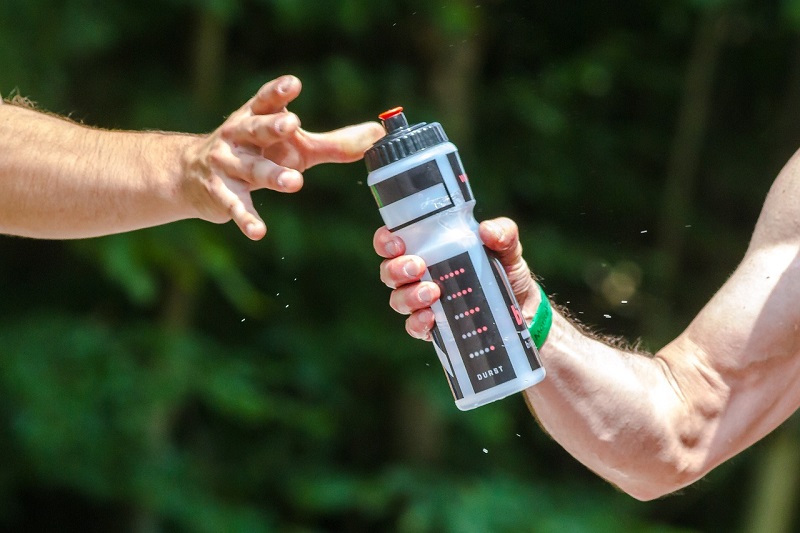
How does water affect metabolism in your body? Have you ever wondered why something like regularly drinking good old H2O is consistently one of the top weight loss tips? There’s actually quite a bit of science behind this claim, and it’s worth understanding if you want to get the most out of every glass.
How Does Water Affect Metabolism?
Investigating the question of how does water affect metabolism, has become an important research topic over the years. Water is critical to health and is well recognized as a key component to any effective weight loss strategy. The connection between sipping enough of it and getting results on the bathroom scale is a clear one.
This happens for a number of reasons, including the way that water affects the metabolism overall. Beyond the fact that it is a zero-calorie beverage that helps to keep all your organs and body’s systems functioning, it can also improve the metabolic rate. Understanding this will help you to stay motivated to keep yourself hydrated so that you can make your efforts as easy as possible as you reach for your weight loss goals, maintain the weight you’ve lost, and stay healthy overall.
How Does Drinking Water Improve Your Metabolism?
Scientists believe that water affects the metabolism through proper overall body function right down to the cellular level, and enhanced energy expenditure.
A 2013 study published in the Journal of Clinical and Diagnostic Research involved the participation of 50 female subjects who were overweight or obese. They drank around 2 cups of water a half hour before each of their three main meals, breakfast, lunch and dinner. They did not make any additional dietary changes. That said, they lost a statistically significant amount of weight and experienced reductions in both their body composition and body mass index scores.
This and other research have led medical experts to believe that water affects metabolism through thermogenesis – that is, the body’s heat production. The impact is believed to be even greater when the water is chilled when it is consumed. This is because the body needs to take the extra step to use its own energy to warm the liquid to healthy body temperature.
Another study, this one from 2003, published in the Journal of Clinical Endocrinology & Metabolism, specifically showed that there was a 30 percent increase in average metabolic rates among healthy adults who drank 2 cups of water at 71ºF.
For this reason, while drinking water isn’t enough to cause you to overcome all your weight loss challenges, the way water affects metabolism can help to give you an advantage when you’re already following a calorie restricted diet that includes regular physical activity.
How Much Water Do You Need?
To gain the advantage of the way water affects metabolism – or just keeps us well and our bodies running at their best – we need to replace what is lost every day. It is lost through urine, perspiration, breathing, and other bodily functions. That said, as much as we hear the “8 glasses a day” advice on a regular basis, do you really know how much you need to drink?
According to the US National Academies of Sciences, Engineering, and Medicine, adequate fluid intake for an average healthy adult is:
- About 15.5 cups of fluids per day for men
- About 11.5 cups of fluids per day for women
This doesn’t mean that you have to chug down glass after glass of water for metabolism and health each day. We gain about 20 percent of that amount from the food we eat. Don’t forget that if you’re serving yourself vegetables, fruits, or even soup, you’re getting a ton of the fluids you need, even if you’re not thinking of them in terms of drinking them from a glass. The remainder typically comes from what we drink.
Many factors will alter how much you need, including age, the temperature of your environment, whether you’re being physically active, if you’re ill, if you’re pregnant, and others. It’s important to take those into account.
Are You Drinking Enough Water to Affect Your Metabolism and Health?
If you’re rarely feeling thirsty and your urine is light yellow or even essentially colorless, then you’re likely drinking enough water to affect your metabolism in a positive way and to support your overall health and wellness. If you still feel unsure, speak with your doctor or a dietician to find out how much is right for your unique needs.
Leave A Comment
You must be logged in to post a comment.